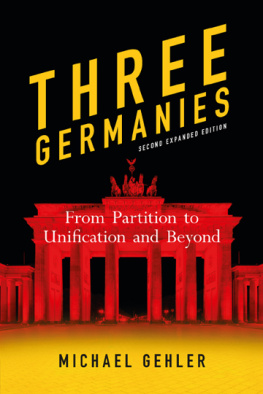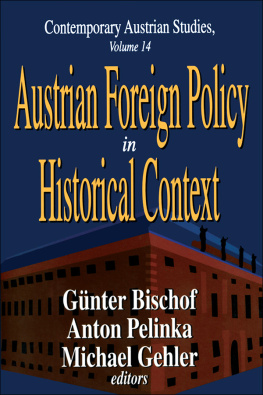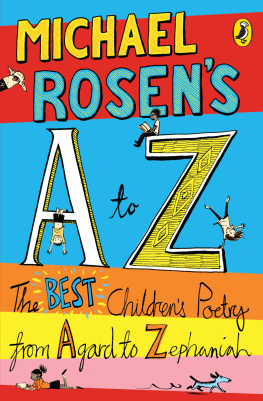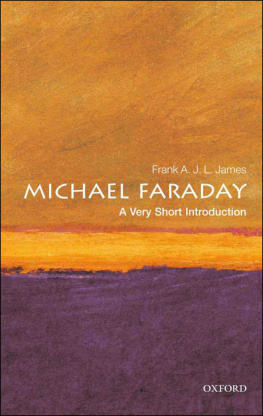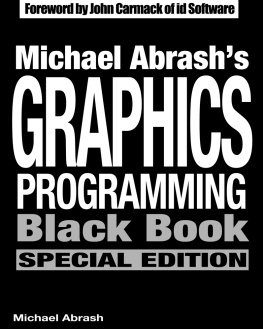Michael Gehler - Three Germanies
Here you can read online Michael Gehler - Three Germanies full text of the book (entire story) in english for free. Download pdf and epub, get meaning, cover and reviews about this ebook. year: 2013, publisher: Reaktion Books, genre: Politics. Description of the work, (preface) as well as reviews are available. Best literature library LitArk.com created for fans of good reading and offers a wide selection of genres:
Romance novel
Science fiction
Adventure
Detective
Science
History
Home and family
Prose
Art
Politics
Computer
Non-fiction
Religion
Business
Children
Humor
Choose a favorite category and find really read worthwhile books. Enjoy immersion in the world of imagination, feel the emotions of the characters or learn something new for yourself, make an fascinating discovery.

- Book:Three Germanies
- Author:
- Publisher:Reaktion Books
- Genre:
- Year:2013
- Rating:3 / 5
- Favourites:Add to favourites
- Your mark:
- 60
- 1
- 2
- 3
- 4
- 5
Three Germanies: summary, description and annotation
We offer to read an annotation, description, summary or preface (depends on what the author of the book "Three Germanies" wrote himself). If you haven't found the necessary information about the book — write in the comments, we will try to find it.
Three Germanies — read online for free the complete book (whole text) full work
Below is the text of the book, divided by pages. System saving the place of the last page read, allows you to conveniently read the book "Three Germanies" online for free, without having to search again every time where you left off. Put a bookmark, and you can go to the page where you finished reading at any time.
Font size:
Interval:
Bookmark:


a distinctive theme, geo-political entity or cultural group and explore their developments over a
period ranging usually over the last fifty years. The impact of current events and developments
are accounted for by rapid but clear interpretation in order to unveil the cultural, political,
religious and technological forces that are reshaping todays worlds.
Jeremy Black
Britain since the Seventies Jeremy Black | The Contemporary Caribbean Olwyn M. Blouet |
Sky Wars: A History of Military Aerospace Power David Gates | Oil, Islam and Conflict: Central Asia since 1945 Rob Johnson |
War since 1945 Jeremy Black | Uncertain Identity: International Migration since 1945 W. M. Spellman |
The Global Economic System since 1945 Larry Allen | The Road to Independence?: Scotland since the Sixties Murray Pittock |
A Region in Turmoil: South Asian Conflicts since 1947 Rob Johnson | The Nordic Model: Scandinavia since 1945 Mary Hilson |
Altered States: America since the Sixties Jeremy Black | Cuba in Revolution A History since the Fifties Antoni Kapcia |
GERMANIES
and the Berlin Republic
33 Great Sutton Street
London EC1V 0DX, UK
www.reaktionbooks.co.uk
No part of this publication may be reproduced, stored in a retrieval system, or transmitted,
in any form or by any means, electronic, mechanical, photocopying, recording or otherwise,
without the prior permission of the publishers.
Index match the printed edition of this book.
by CPI/Antony Rowe, Chippenham, Wiltshire
Republic since 1945. (Contemporary worlds)
1. Germany History 1945 2. Germany Politics and
government 19451990. 3. Germany Politics and
government 1990 4. Germany (East) History. 5. Germany
(East) Politics and government.
I. Title II. Series
943.087-dc22
Font size:
Interval:
Bookmark:
Similar books «Three Germanies»
Look at similar books to Three Germanies. We have selected literature similar in name and meaning in the hope of providing readers with more options to find new, interesting, not yet read works.
Discussion, reviews of the book Three Germanies and just readers' own opinions. Leave your comments, write what you think about the work, its meaning or the main characters. Specify what exactly you liked and what you didn't like, and why you think so.

